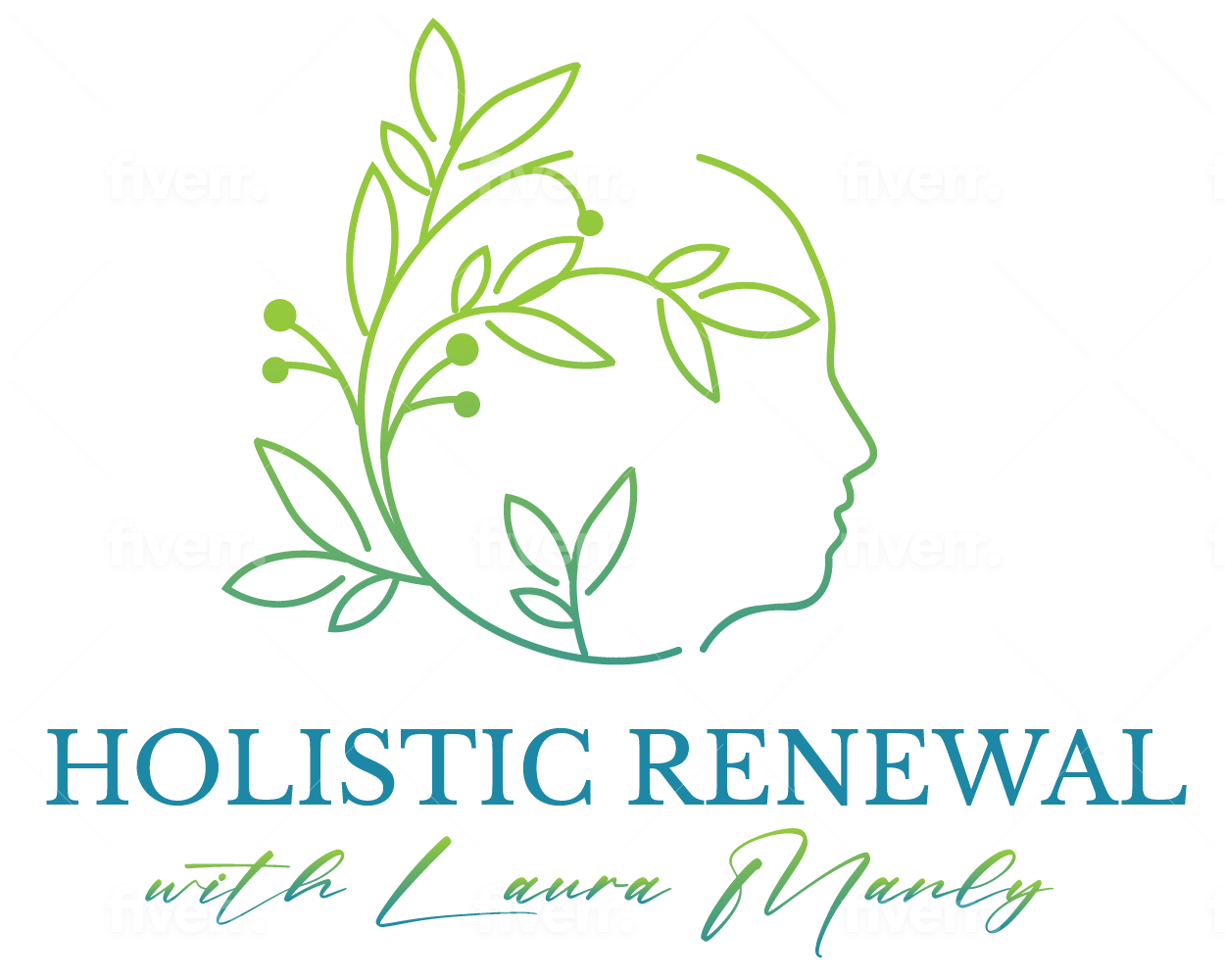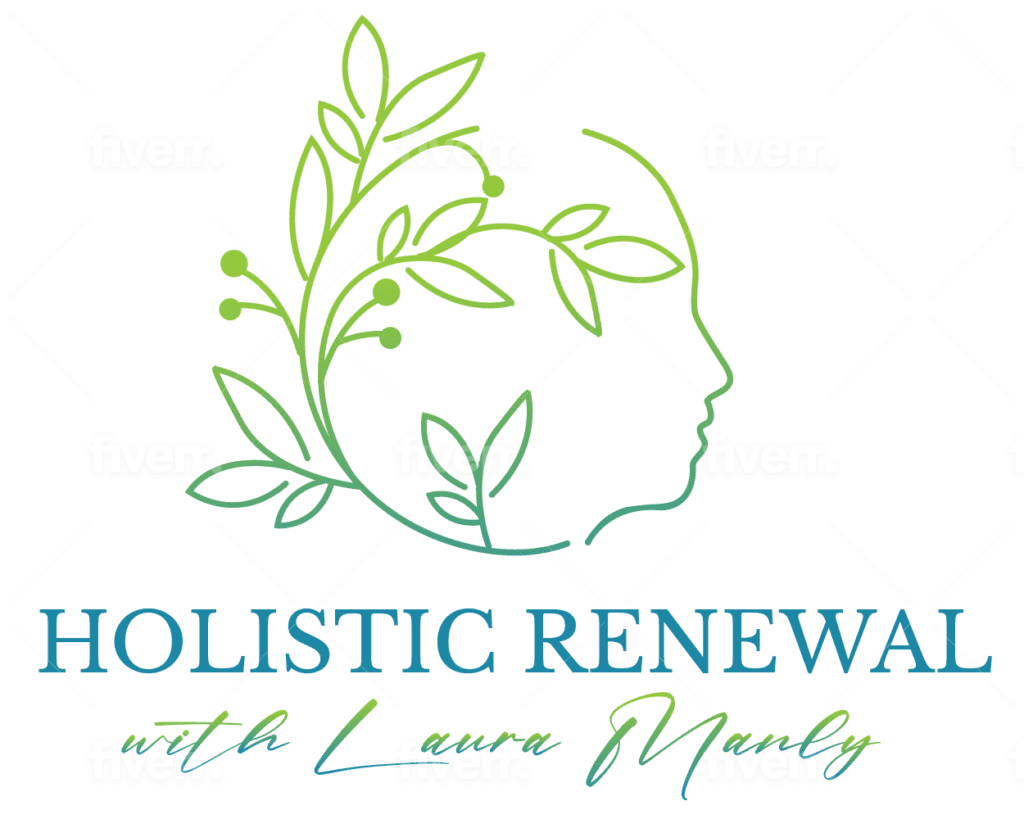Amongst the many debilitating conditions that can be characterised as being essentially modern-day problems, insomnia is arguably one of the most prevalent. Current lifestyles, work habits, and society in general as it has developed over the last several decades have all contributed to the massive increase in insomnia and other sleep disorders in Western countries. More than 50 million Americans have ongoing sleep issues, while almost a third of people in the UK say they suffer from insomnia, with just under a quarter of the population managing no more than five hours of sleep a night. Moreover, the stresses of the last three years have only accentuated the problem; a survey conducted in 2022 found that nearly three-quarters of the respondents reported a deterioration in the quality of their sleep compared to the year earlier.
In the past, chronic insomnia was not as common as it is nowadays, but it was also poorly understood. However, research carried out more recently has showed that sleep issues are strongly related with a variety of physical as well as mental conditions. For example, a recent survey found that tiredness was the reason why 35% of the respondents didn’t take the steps needed to bring about a healthier lifestyle, such as making changes to their diet or doing more physical activities. Whilst other reasons were also cited to explain why they didn’t proactively improve their lifestyles (e.g., a lack of motivation, the rising cost of food, etc.), ‘tiredness’ was cited as one of the top reasons why they were unable to adopt healthier habits and routines. In fact, tiredness brought about by poor-quality or inadequate sleep can have a myriad of adverse effects on us, ranging from feelings of anxiety and vulnerability to overeating as a way of boosting low energy levels. One of the most common symptoms of insomnia I see in my clients is that of heightened anxiety and worry. According to the 19th-century German philosopher Friedrich Nietzsche, when we are tired, we are attacked by ideas we conquered long ago. I have experienced this phenomenon myself and have often seen how a problem I was worrying about intensely when in a state of extreme tiredness appeared trivial or inconsequential following a good night’s sleep. I have also seen how tiredness can cause needless arguments between couples, in some cases even leading to a breakdown in their relationship ― all because the parties involved were too tired to handle minor disagreements more appropriately.
Given that insomnia can have a debilitating effect on people’s overall health ― even working to weaken their immune systems dramatically ― and is becoming an ever-increasing problem in today’s stressful environment, it is more important than ever that people address this issue head-on and put an end to the endless cycle of poor sleep causing anxiety (with all its negative consequences), and anxiety causing yet more poor sleep. According to the NHS, the problem of insomnia has many aspects to it. It typically involves regularly experiencing some or all of the following:
- having difficulty getting to sleep
- waking up several times during the night
- lying awake at night
- waking early and not being able to get back to sleep
- still feeling tired after waking
- finding it hard to nap during the day even when you feel tired
- feeling tired and irritable during the day
- and finding it difficult to concentrate during the day because you are tired
Leaving aside sleep issues that are caused by a specific health condition or medications, there are many biological elements that come into play in relation to insomnia. Understanding what happens during a healthy sleep cycle can help one understand where changes need to be made on an individual basis. Hypnotherapy is a very effective tool for exploring sleep habits and possible lifestyle interferences and for understanding what changes may be required to improve the situation. Using a variety of techniques, hypnotherapists can help the subconscious mind ward off the onslaught of negative thoughts, worries and fears that surreptitiously penetrate our psyche, allowing it to focus on affirmative and uplifting thoughts and feelings, such as positive progress, gratitude, and the preciousness of life. In some cases, overcoming insomnia can require other interventions as well, such as a change in diet or the sleep environment, and/or by creating a good bedtime routine. However, in most instances, the key to alleviating or curing the problem of chronic insomnia is gaining the ability to induce self-relaxation by quietening the mind and teaching it to filter out everything that works to undermine our tranquillity, peace of mind and enjoyment of life. It is vital to remember that the greatest weapon against stress and anxiety is our ability to choose one thought over another.










